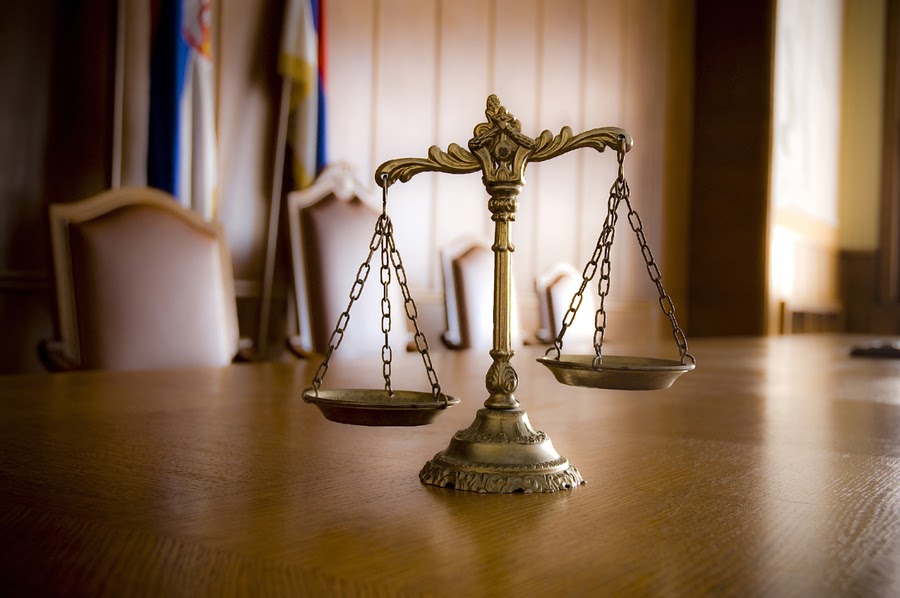Intellectual property rights are necessary to protect businesses and individuals who develop unique and creative works. These rights allow the creator of intellectual property to pursue compensation and other legal remedies against anyone who infringes upon a unique work. The legal remedies you may receive depend upon the type of intellectual property right that is violated. If you or your business was the victim of intellectual property infringement, you should consult with an experienced Fayetteville intellectual property lawyer today. At Gunn Kieklak Dennis, LLP, our infringement lawyers are prepared to help you protect your creative work from those who would illegally utilize it. Gunn Kieklak Dennis, LLP explains how to protect your intellectual property rights.
Types of Intellectual Property Rights
Intellectual property rights can refer to work that is copyrighted, trademarked, patented, or that possess other forms of protection. As mentioned, the type of legal rights afforded to an intellectual property depends on the form of the work. For example, if a business is using your literary work without your consent, they may be prevented from using it in the future. The following is a list of intellectual property rights and how you can protect them.
Copyright Protections
According to the U.S. Copyright Office, a copyright is an “original work of authorship” that must be affixed in a form that is tangible or that can be perceived by other people. It is important to note that works that are not put in a tangible form cannot be protected. For example, if you share an idea for a book but you never wrote it down, it will be difficult to prove that your work was infringed. However, once you put your idea into a tangible medium, you begin to receive certain copyright protections.
A copyright owner has the following exclusive rights:
- To reproduce their work
- Create derivative works based on their original work
- To perform or display their work to the public for profit
- Sell, transfer, or lease their work
While copyright protections begin immediately after an original work is created, it is possible to receive additional protections if you register your copyright with the U.S. Copyright Office. Registering your copyright will put the public on notice of your original work. Other protections provided by copyright registration include:
- Prime evidence of the validity of the creator’s copyright
- Statutory damages, attorneys’ fees, and costs if the copyright infringement is committed after registration or within three months of publication of the copyright
- Ability to prevent counterfeit copies of your work from entering the United States
Trademark Protections
A trademark is a word, phrase, symbol that is used to identify a certain line of products or services. For example, if you opened a restaurant and named it after an arbitrary word, this could be a trademark.
Trademark infringement may occur if another business uses your phrase or logo in a way that could be confusing to consumers. For example, if two companies that sell lawnmowers use a similar name, it can be difficult for a shopper to tell who created each product. This is why it is important to register a trademark to avoid another company capitalizing off the goodwill your business has earned.
A trademark can be registered with the U.S. Patent and Trademark Office (USPTO). The USPTO will typically perform an investigation to determine whether your trademark application will violate any trademarks that are already registered. While you are not required to register your trademark, you can receive the following protections if you do:
- The legal presumption that you own the trademark
- A public record of your ownership of the trademark
- Prevention of importation of counterfeit or derivative copies of your trademark
- The right to file a claim in federal court for infringement
- Ability to use the federal registration symbol
- The possibility of enforcing the trademark in certain foreign countries
Patent Protections
A patent is a legal right to prevent other people and businesses from adopting your invention without your permission. To obtain a patent, an inventor must create a novel product that is not simply a derivative of a previous invention.
Once a patent is registered with the USPTO, the patent owner is entitled to a variety of protections:
- Right to sell or use the invention
- Right to transfer ownership of the invention
- Prevent the invention of similar products
Patent owners should always keep an eye on the market that their invention was created for. This can help them identify whether competitors are infringing on their patent.
Our Arkansas IP Attorneys Can Help You Protect Your Work
If your intellectual property rights were violated, you should contact an experienced Arkansas IP attorney today. At Gunn Kieklak Dennis, LLP, our legal team can help you hold an intellectual property infringer liable for their actions. To schedule a confidential consultation, call (479) 439-9840, or contact us online.

